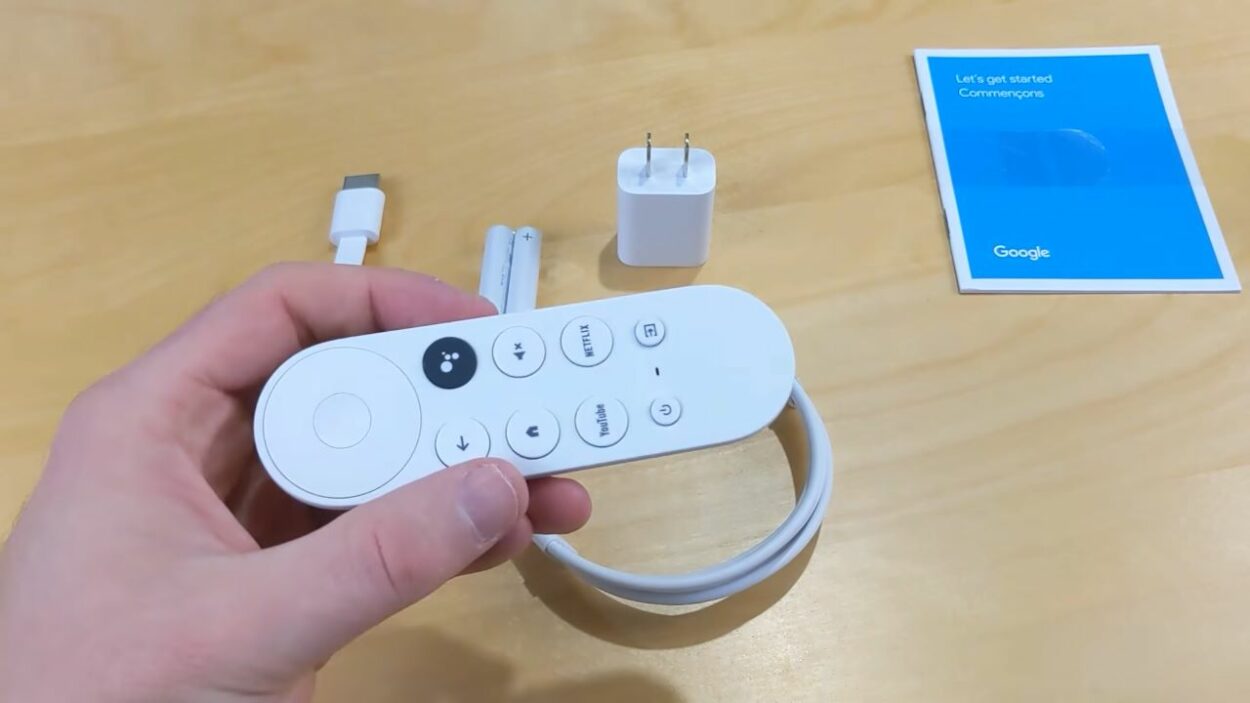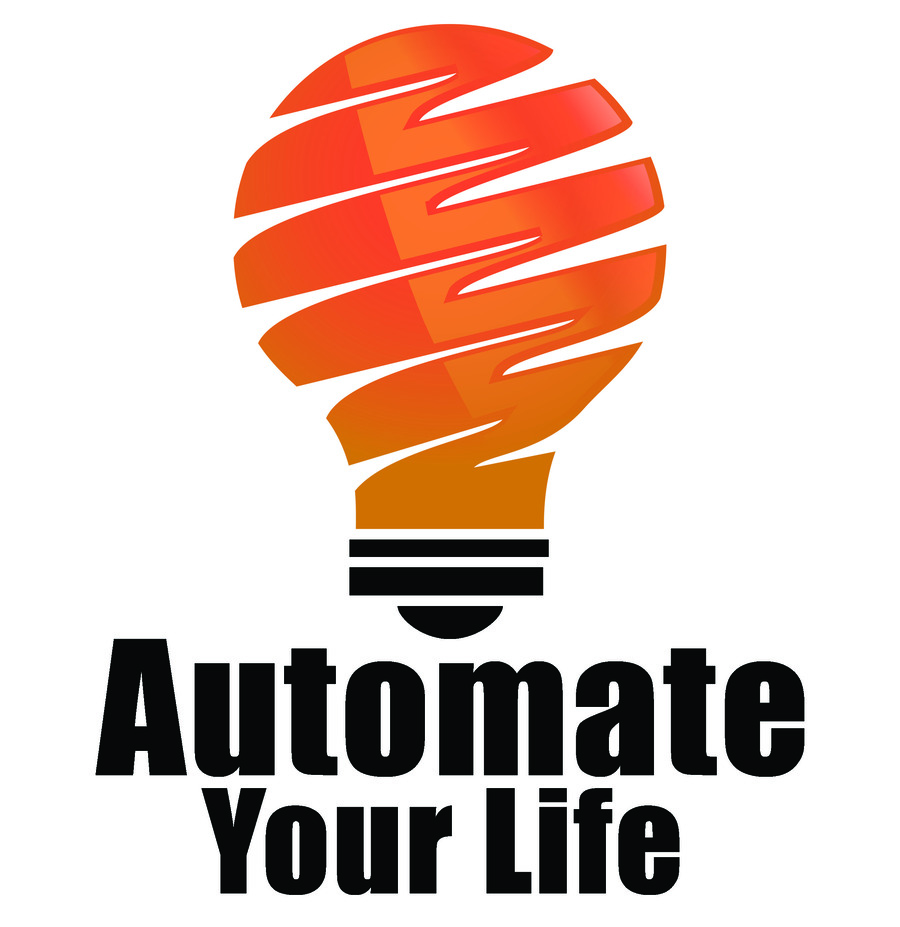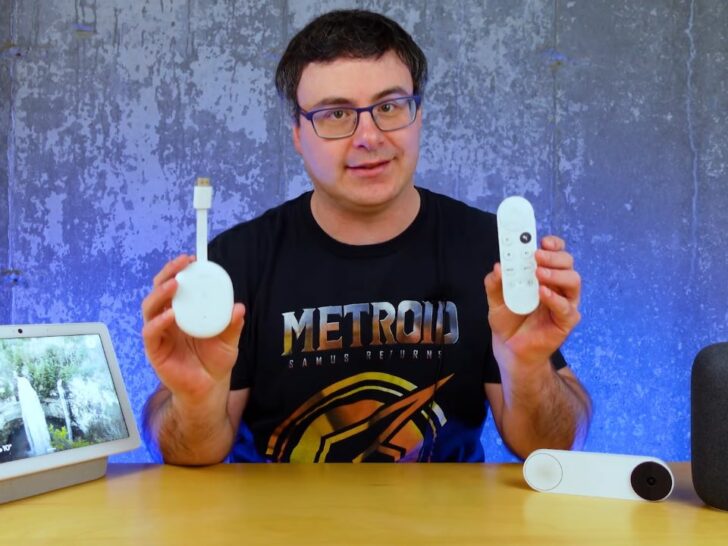Google has established itself as one of the leading players in the world of smart home technology, with its products offering users a high degree of convenience, efficiency, and connectivity.
While the company’s smart home ecosystem has proven popular among consumers, some users have expressed frustration and disappointment with the offering.
These concerns have called into question the reliability and trustworthiness of Google’s smart home technology, prompting a closer examination of the company’s products and services in this domain.
Google recently announced the release of new Nest audio and Nest Hub Max Plus, along with an updated Chromecast that features an improved remote.
These announcements have generated excitement among consumers. However, for me, they have prompted a deeper reflection on the current state of Google’s smart home offerings. In this article, I will explore the challenges and concerns that have arisen along the way on Google’s journey in the smart home market.

The Promise and Potential
Google’s foray into the smart home market was a significant development that held immense promise.
In 2014, Google acquired Nest Labs, a company renowned for its cutting-edge smart home technology, which enabled Google to consolidate its position as a leader in home automation.
Google’s acquisition of Nest Labs enabled it to leverage its vast resources to create an impressive ecosystem of smart home products.
At the core of Google’s smart home ecosystem were products like Nest thermostats and security cameras. These products showcased the potential of seamless integration and intelligent functionality.
The Nest thermostats, for instance, were designed to learn the temperature preferences of users and automate the temperature control process, thereby providing users with a more comfortable and energy-efficient living environment.
Similarly, the Nest security cameras were equipped with advanced features like facial recognition and motion detection, which enabled users to monitor their homes remotely and protect their loved ones from potential threats.
Google’s smart home ecosystem was designed to make daily living more convenient and comfortable for users. The ecosystem leveraged the power of artificial intelligence to provide users with a seamless and intuitive smart home experience.
With Google’s smart home ecosystem, users can control all their smart home devices, including lights, thermostats, security cameras, and more, from a single app on their smartphone.
For many consumers, Google’s smart home ecosystem seemed poised to revolutionize daily living by enabling them to automate routine tasks, reduce energy consumption, and enhance home security.
However, the success of Google’s smart home ecosystem ultimately depended on its ability to deliver on its promise of seamless integration and intelligent functionality.
The Reality of Reliability
Google had a promising start in the smart home market, but it has faced several challenges and disappointments.
As a user, I have had frustrating experiences with the company’s products. These include issues with reliability, frequent software updates, and a lack of consistency in direction.
The discontinuation of products such as Nest Secure and Google Home Max has further eroded consumer trust, raising questions about Google’s commitment to its smart home vision.

The Changing Landscape
As the smart home market continues to grow, Google’s recent focus on subscription-based services has added a new layer of complexity.
While the company is working hard to innovate and offer new products, some users are concerned about the long-term support and reliability of these offerings. To ensure your smart home investment is a success, I recommend considering alternative options that offer greater reliability and consistency.
While Google continues to evolve its approach to the smart home market, it’s important to choose products that align with your needs and expectations.
By exploring your options, you can make an informed decision and create a smart home that truly works for you.
Looking Ahead
It’s crucial for consumers to make informed decisions when choosing which products to trust.
While Google’s smart home devices offer impressive features, it’s important to consider their reliability and long-term support before making a purchase.
By keeping up-to-date with the latest industry developments and exploring other smart home platforms, consumers can enjoy a reliable and worry-free home automation experience.
Conclusion
- Google has been making progress in the smart home industry, but there are some concerns about the reliability and consistency of its offerings.
- As consumers plan their smart home setups, it’s important to consider the pros and cons of Google’s technology and make informed decisions based on reliability.
- By doing so, consumers can navigate the complex smart home landscape with confidence and clarity.

